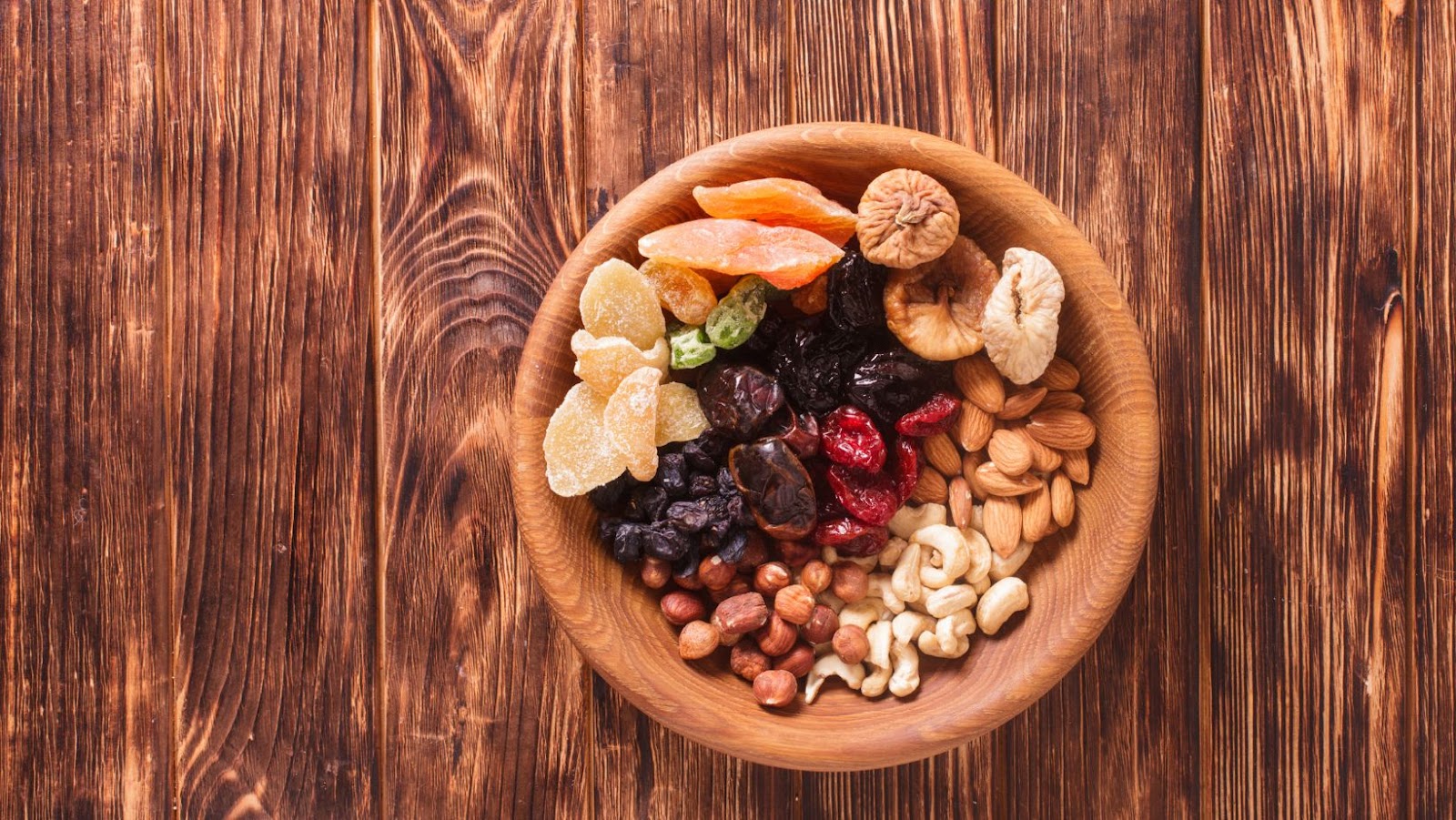If you’re a busy parent, you may have a lot on your plate in terms of both household jobs and family responsibilities. If this is the case, cooking time may not be at your disposal like you’d like it to be, and you might struggle with what to make for dinner.
What if there was a way to plan healthy meals for the week ahead? This article will help you do that and give tips that relate specifically to parents.
What is the Easiest Way to Plan Healthy Meals for a Week?
The first thing you will have to do is to make a shopping list. If you don’t have time to go grocery shopping, try the internet or use a reliable meal delivery. By using this approach, you’ll be able to stock your fridge with healthy ingredients and save yourself a long trip to the store.
Here are tips that can help you plan healthy meals for a week if you’re a busy parent:
1. Plan Your Weekly Menu
Planning can help you save time and money. Use the following tips to prepare your weekly menu:
- Do a bit of research. You can find all sorts of healthy recipes that are quick and easy to make online. Always remember to clear recipes that include processed ingredients and refined sugar.
- Find time to shop for fresh ingredients. If you have time on the weekends, try shopping at the farmer’s market or grocery store and buy only fresh fruits, veggies, and other nutritious foods.
- Make a list before going shopping so that you don’t buy anything impulsively. This way, you’ll stick to the items on your list and avoid unnecessary expenses.
- Try cooking recipes that are new to you to expand your culinary repertoire.

2. Keep Healthy Snacks on Hand
Having a good supply of healthy snacks in your home can help you resist the temptation to eat unhealthy foods when you’re short on time. Make sure the following items are in your pantry at all times:
- Nuts for snacking. Nuts are packed with protein, fiber, vitamins, and minerals. Snack on nuts as an alternative to chips or sweets.
- Fruit. Eat fruit regularly because it’s a good source of fiber and vitamins and has a low-calorie count.
- Yogurt. Yogurt is rich in probiotics, which are healthy bacteria that help maintain the balance of yeast in your intestines. Yogurt is also beneficial for your hair, skin, and nails.
- Fruits and vegetables for snacking.
3. Make Healthy Versions of Your Favorite Recipes
If you often eat the same foods, try making healthier versions. For instance, you can bake a healthier version of bread using whole-grain flour or make a healthier version of chocolate cake by using natural sweeteners, such as honey.
4. Don’t Forget About Leftovers
Using leftovers is a great way to save time and money because it lets you make one large meal and then use it for multiple meals. Also, remember to use leftover cooked vegetables for salads and sandwiches. Leftover veggies can be a great addition to healthy omelets and frittatas.

5. Plan Your Weekly Grocery Shopping
If you want to save on your weekly grocery expenses, think about doing your meal planning a week before. You can buy only what’s needed and remember how many servings each item has or plan how many servings each recipe yields.
When you’re prepared with the information you need to make healthy meals for the week, it’s much easier for you to stick to what’s on the list.
How Can You Plan Healthy Meals for the Week Ahead With Children?
Planning will help you save time, money, and energy and bring you closer to your health and fitness goals. Use the following tips to prepare healthy meals for the week with your children:
- Discuss what to eat before going shopping. It’s best to talk about it with your kids because they’ll have a say in planning their meals. Children tend to be more open-minded when cooking isn’t new to them, and they’ve helped prepare food before. This way, they know what’s expected of them while cooking and won’t get frustrated or bored.
- Give your kids a say in planning their meals. If this is the first time you’ve prepared meals for your child, provide them with the ingredients and ask them what they’d like to make. This way, they’ll feel involved in the process and be more likely to eat its outcome.
- Help your kid prepare their meal. If your child cannot prepare meals on their own, part of planning includes preparing meals ahead of time. Cook some simple recipes that contain ingredients with a long shelf life and don’t require refrigeration or reheating. Use pita bread or tortillas as wraps for sandwiches or tacos. Make muffins using whole-grain flour instead of boxed mixes for refined sugar.
- Make a list of the foods your kids can and cannot eat. This way, you’ll be sure to serve healthy meals for the week ahead and avoid unnecessary tension at the grocery store.
- Use the cooking time to bond with your kids. Start conversations and tell shared stories to break the ice while cooking if you’re short on time. Also, talk about the feelings and emotions of others while preparing food or eating it.
- Focus on the cooking process. When you’re slowing down and focusing on the cooking process instead of rushing through it, you can enjoy a pleasant experience and a tasty meal for the week ahead.
Thus, as you can see, planning can make a big difference in your life. Planning is an essential part of healthy eating, and it’s something that anyone – not just parents – can do. Remember to take the time to plan if you want to improve your health and save time for other essential things in life.
Conclusion
Remember to take the time to plan if you want to improve your health and save time for other vital things in life. Planning is an essential part of healthy eating, and it’s something that anyone – not just parents – can do.
It can help you save money, avoid the temptation to eat unhealthy foods, avoid family arguments and improve your relationships with your loved ones.













